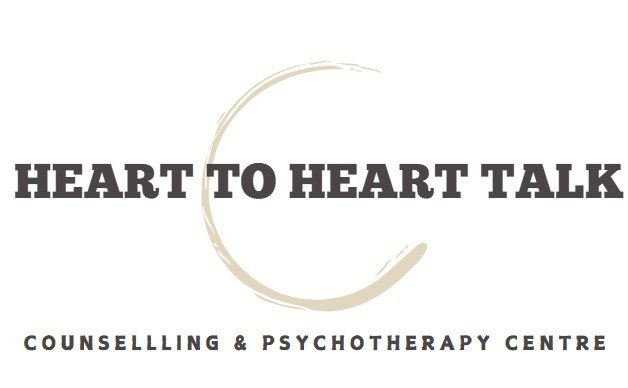The Beginners Guide to Meditation
Meditation has been practiced for thousands of years, offering a pathway to greater peace, clarity, and emotional balance. If you’re new to meditation, it might feel a little intimidating at first — but the truth is, anyone can do it, and it doesn't require special skills or a long time commitment to reap its benefits. Here’s a simple guide to get started.
What is Meditation?
At its core, meditation is a practice that helps you focus your mind, calm your thoughts, and connect with the present moment. It’s not about "emptying" your mind entirely but learning to manage your thoughts and bring awareness to your inner experience. Meditation can help reduce stress, improve concentration, and enhance emotional well-being.
How to Start Meditating
1. Find a Quiet Space
Choose a quiet and comfortable spot where you won’t be disturbed. It doesn’t need to be a perfect environment, but finding a peaceful space helps you focus better.
2. Sit Comfortably
Sit in a comfortable position. You can sit on the floor with your legs crossed, on a cushion, or in a chair with your feet flat on the ground. Keep your back straight to allow for better breathing.
3. Focus on Your Breath
Close your eyes gently and take a few deep breaths. Pay attention to the sensation of air entering and leaving your body. Don’t try to control your breath; just observe it naturally.
4. Let Thoughts Come and Go
As you meditate, your mind will wander — that’s completely normal. Instead of judging yourself, gently bring your focus back to your breath whenever you notice your thoughts drifting. Over time, you’ll become more adept at letting thoughts pass without attaching to them.
5. Start Small
Begin with just 5-10 minutes per session. As you get more comfortable with meditation, you can gradually extend your practice.
Tips for Success
Be Consistent: Try to meditate at the same time each day, even if it’s just for a few minutes.
Be Patient: Meditation is a skill, and like any new practice, it takes time to see results.
Use Apps: Guided meditation apps like Headspace, Calm, or Insight Timer can be helpful for beginners.
Conclusion
Meditation is a simple yet powerful tool that can help bring more calm and balance to your life. With just a few minutes each day, you can begin to experience its many benefits. So, find a quiet space, focus on your breath, and allow yourself to experience the peace within.

